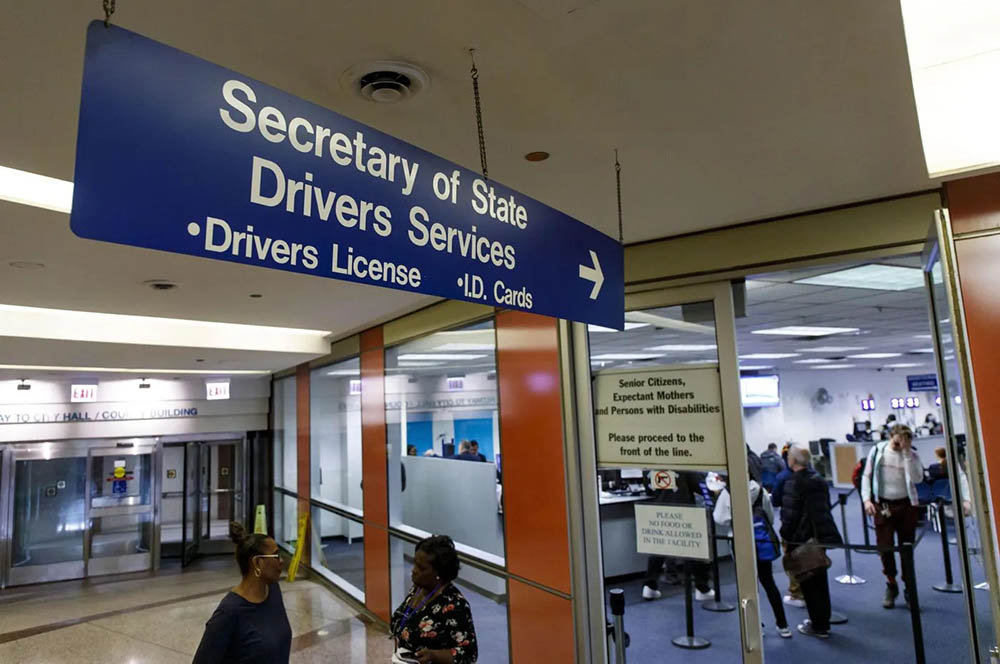Sobriety Test Results
Field sobriety tests have been used for decades to determine if someone is under the influence of an intoxicating substance. Typically, these tests are conducted by a police officer if a motor vehicle driver is suspected of not being sober while driving. Receiving a positive result on one of these tests can be disastrous. A DUI charge can have permanent consequences on anyone’s life.
However, this does not mean that the results of a sobriety test are always accurate. There are many factors that can affect the outcome of the test and it is possible to argue that the result was not correct. Additionally, there are standards that the police officer must adhere to when administering these sobriety tests. If you doubt the result of a sobriety test or the procedure, discuss it with an attorney to determine if it is possible to argue that the result was false. Being falsely accused of driving while intoxicated not only affects your life, but is completely unfair. The attorneys at the Driver Defense Team can help navigate this situation. Call (708)-734-6029 today to schedule an appointment with the Driver Defense Team.
Different Types of Sobriety Tests
To understand how to challenge the validity of a sobriety test, you must first understand the different types of tests that are commonly used. These types of tests are:
- Breathalyzer Test
- Walk and Turn Test
- Horizontal Nystagmus Test
- One-foot balance test
In a drug-based DUI, some additional tests may include:
- Modified Romberg balance test
- Touch your nose with your finger test
These commonly administered tests can be affected by a number of factors. However, none of these tests are 100% accurate. The effectiveness of these tests can also be affected by the administrator’s perception. Tests such as the walk-and-turn test depend almost entirely on what the administrator views as a misstep, meaning that it is not a completely objective measure and can be subject to interpretation.
Ways to Challenge the Validity of a Sobriety Test
Now that we have determined that the tests are not entirely accurate, we can now discuss means of challenging the results. One of the first factors to consider is the administration of the test itself. The police officer administering the test has to follow exact procedures, and any deviation can affect the results. It is not impossible for the police officer to make a mistake when administering the test. For example, if the police officer does not explain the steps properly or does not have the necessary experience to administer a NHTSA sobriety test, that may be enough reason to argue the validity of the result.
Another factor that can influence the outcome of a test is whether the driver suffers from chronic medical conditions. Medical conditions already in place when the test is administered can affect the driver’s ability to pass the test effectively. For example, if the balance test is administered on one foot, someone with knee problems might have more difficulty completing the test. If the driver cannot pass the test and the test administrator does not take these medical conditions into account, it may be a viable way to challenge the result.
Additionally, environmental conditions can also be factors that affect the validity of the test. Examples of this are if the test is conducted on uneven terrain or if there is a lot of rain or wind. Imagine trying to follow the test instructions of walking and turning on the side of a highway with cars speeding by just a few feet away.
Finally, the mental condition of the driver can also affect the test in unseen ways. The driver may suffer from anxiety or stress, which can affect the ability to complete the test properly. This can also include if the driver is tired or fatigued while the test is taking place. These reasons can also be enough to question the results of a sobriety test.
If the test administered was a Breathalyzer or other blood alcohol level test, it is essential that the equipment used be properly calibrated and maintained. Lack of calibration is enough to call into question the test results. In addition, the operator must be certified at the time of administering the breath test. If the operator’s license is expired or invalid, we can challenge the legitimacy of the test. Another way to challenge the breath test is by pointing out improper procedure. For example, an officer may not get a good reading on the first try and have the person blow into the breathalyzer again. However, if the officer fails to change the mouthpiece on the breathalyzer, this can result in distorted results. All of these factors can be considered to challenge the results of a breathalyzer on the spot.
What’s the Next Step?
Now that you know that these test results are not indisputable, what can you do to defend yourself? To challenge the validity of the results, an attorney can initiate the legal process to challenge the authenticity of the test. The attorney will review all of the evidence such as the body camera, dash cam, breath test results, police reports, and more to create a solid defense strategy and help you challenge the results.
It is essential that you understand the legal circumstances of your situation so that you can take action.
At Driver Defense Team, we know how overwhelming it can be to face a DUI charge. We have helped thousands of people in the same situation as you. With over 2,000 Google reviews from clients who have told us how pleased they were to have us on their side, you can rest assured that our law firm will achieve the best possible outcome for you. If you are ready to put this DUI behind you, call Driver Defense Team at 708-734-6029 .



